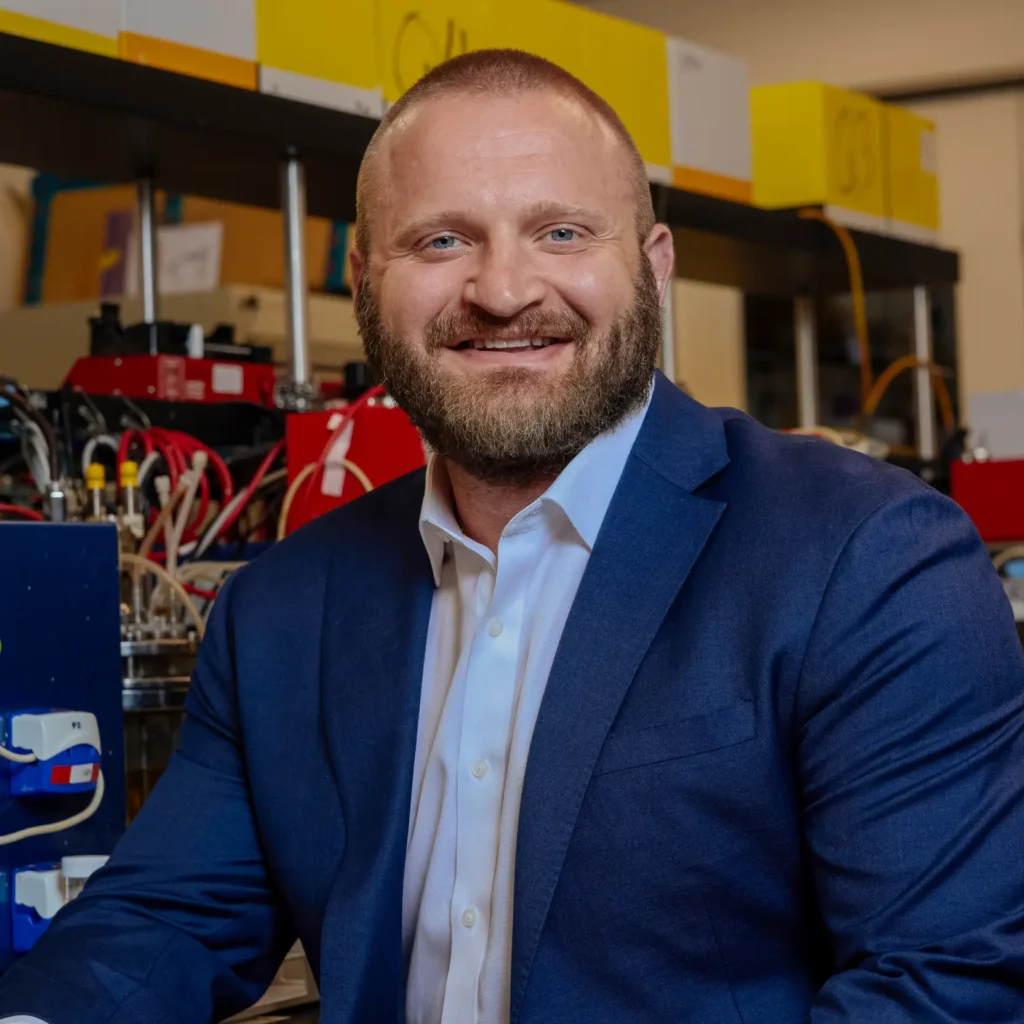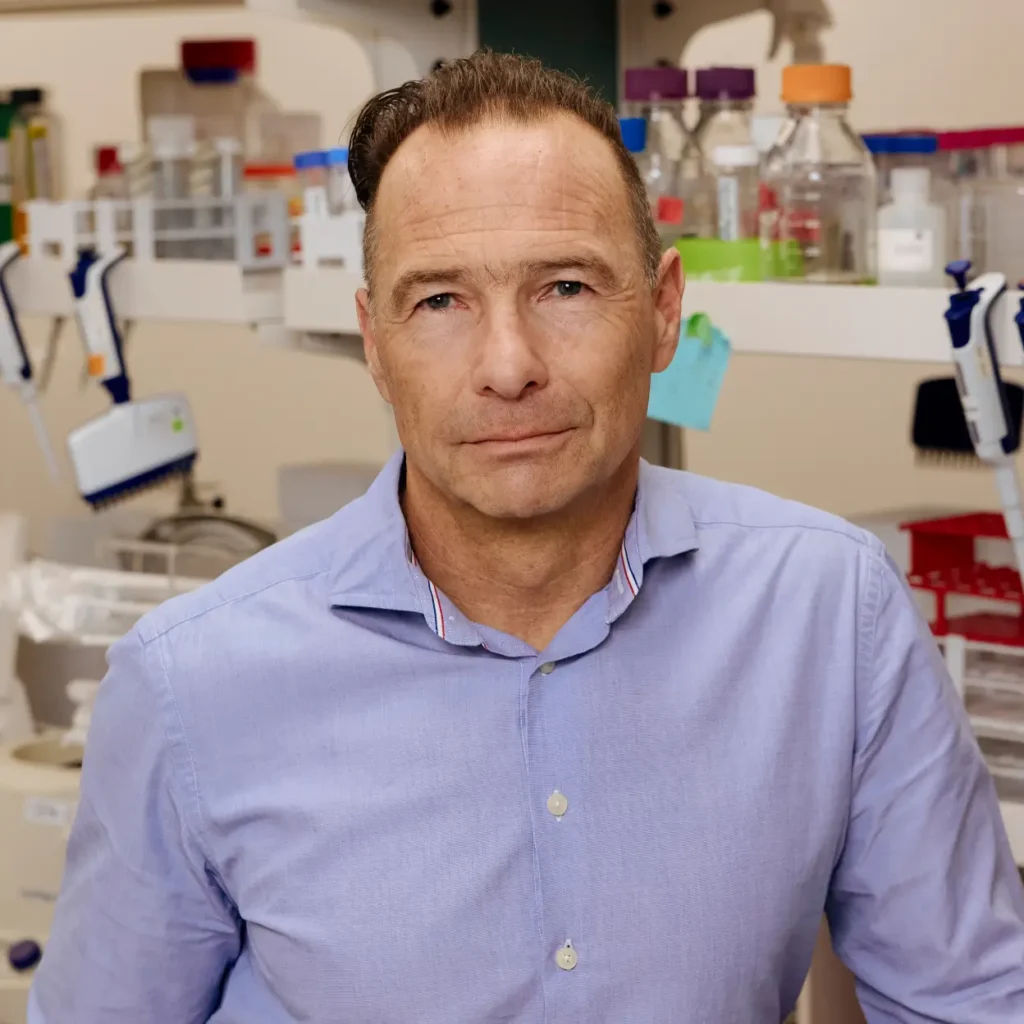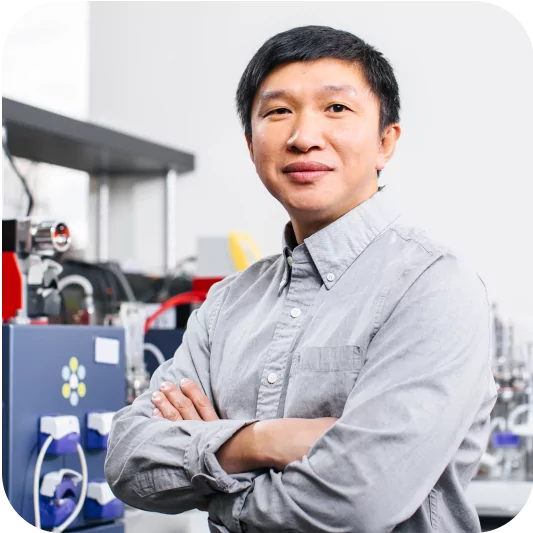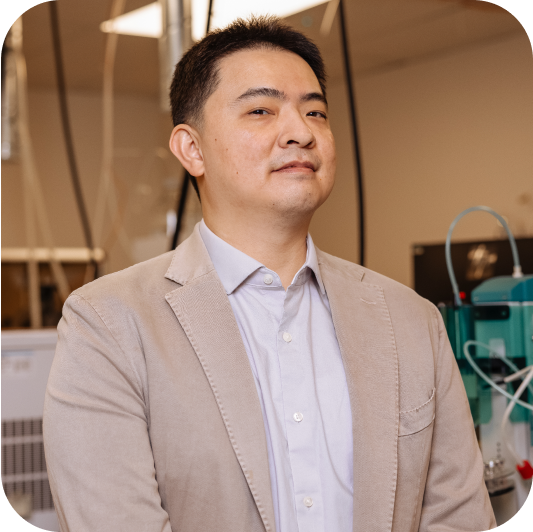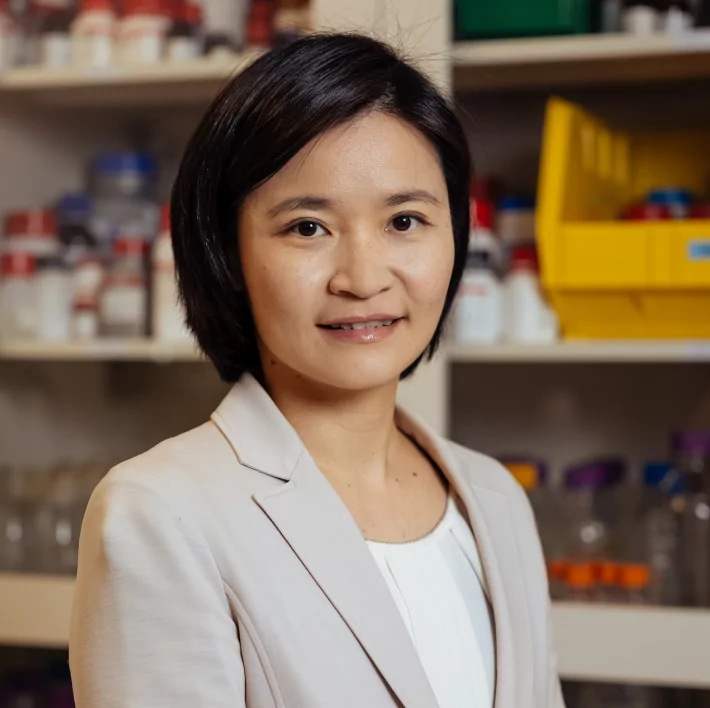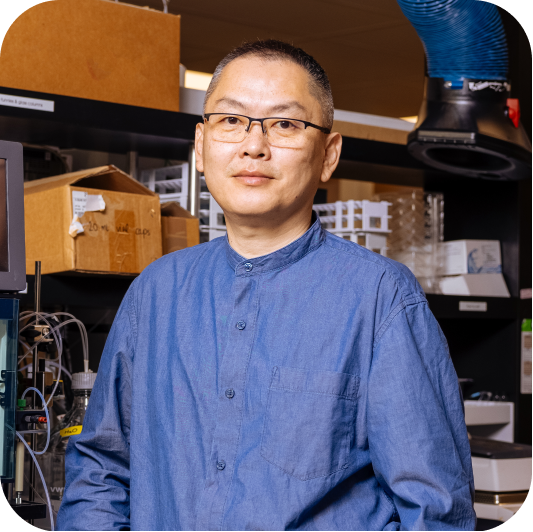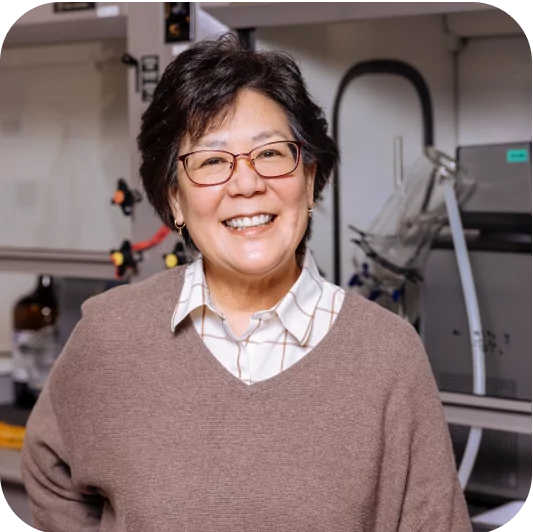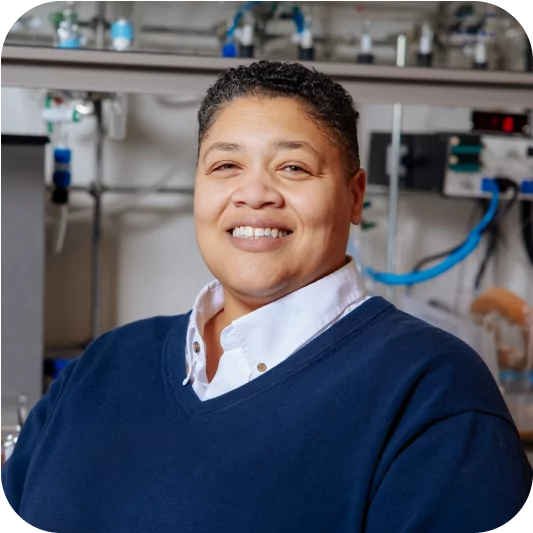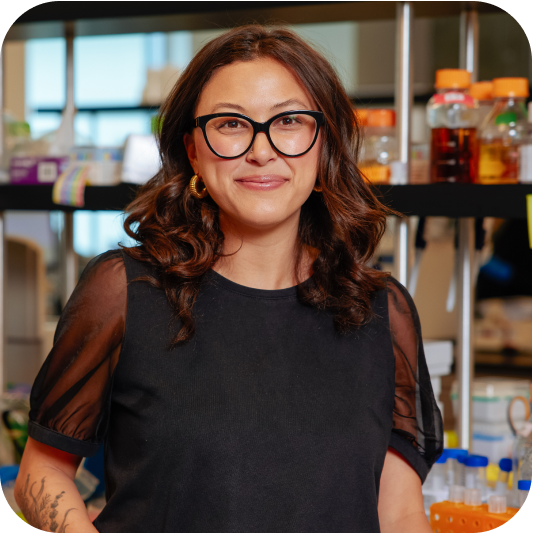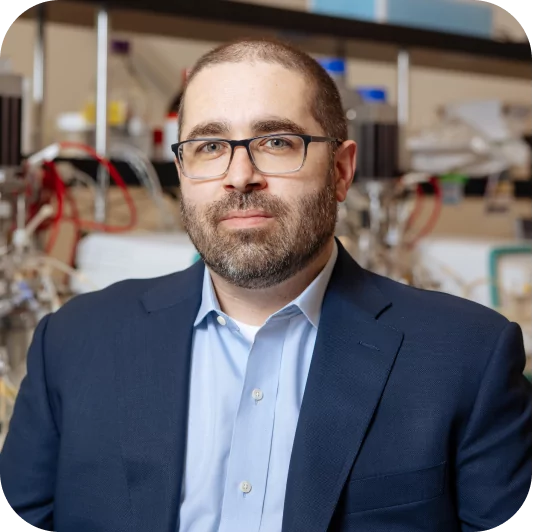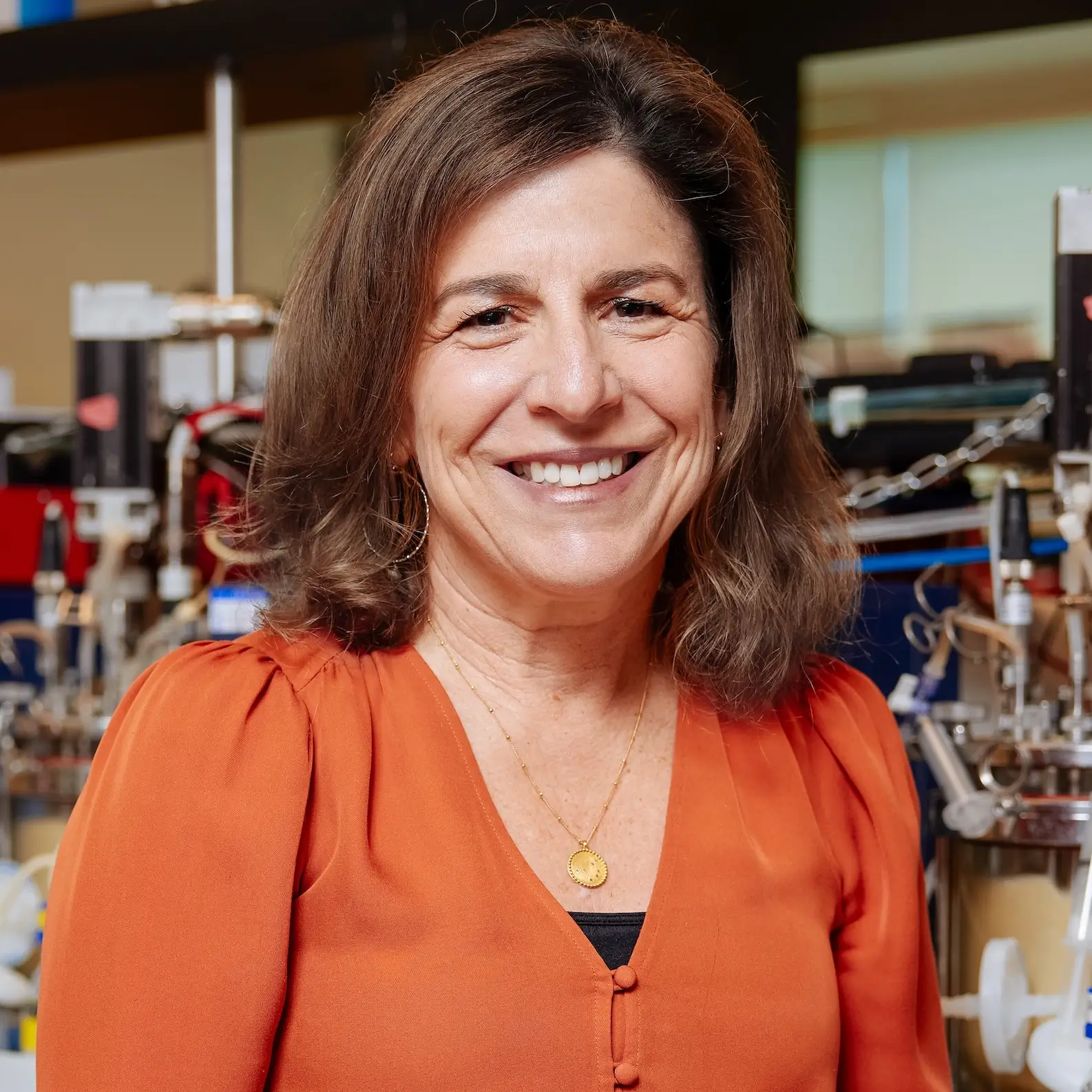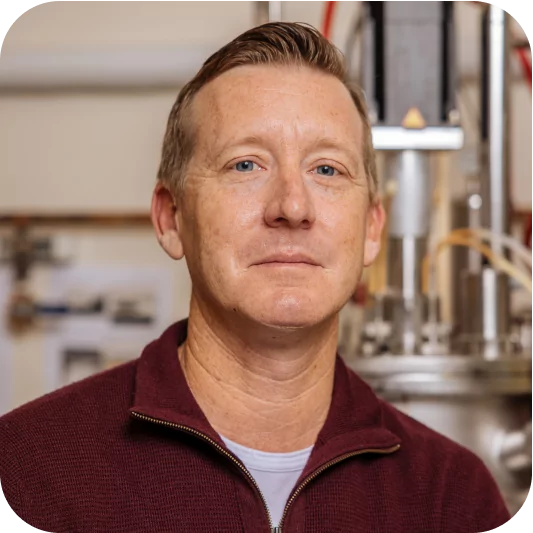How Antheia is reaching commercial scale with plant-inspired pharmaceuticals
For decades, synthetic biology has promised to make manufacturing more efficient, sustainable, and responsive to sudden changes in supply and demand. It has the potential to create new value across industries by transforming everything from food to pharmaceuticals.
That new manufacturing system is within reach. Advances in synbio have made it possible to produce highly complex and valuable molecules at scale. These advances have also reduced the time and cost involved in research and development. We’re now at a point where we can reconstruct the full complexity of nature’s chemistries.
At Antheia, we’ve demonstrated the scaled production of complex small-molecule biopharmaceuticals, and we believe the technology is ready for commercialization. I’ll explain how we got here, the approach we’re taking, and why we see it as a big win for the industry.
Changing the Economics of Manufacturing
Previous synbio work focused on relatively simple molecules such as biofuels and commodity chemicals typically derived from petroleum. These products sold at a low price point, delivering low returns on the significant time and cost involved in manufacturing them. At the time, the industry was simultaneously investing in synbio tool development and infrastructure, which further slowed development time and increased R&D cost.
Those economics have changed as technology has improved. Synbio tools have matured, including DNA sequencing and synthesis, the use of automation and high-throughput screening, and, of course, CRISPR/Cas for genetic engineering. These and other advances in the field allow the synthesis of more complex molecules at scale with less time and cost involved in development.
At Antheia, we’re applying established strategies, infrastructure, and processes for commercial-scale fermentation to our work in complex small-molecule biopharmaceuticals. By building on the foundation of first-generation synbio, we’ve scaled the production of highly complex molecules that command higher prices than earlier synbio products. These products sell at thousands of dollars per kilo rather than tens or low hundreds.
A Milestone in Scaling Biopharmaceuticals
Antheia focuses on several classes of plant-inspired pharmaceuticals, many of which can’t be produced through synthetic chemistry due to the complexity of their chemical structures. Our first product is commonly used as a key starting material for a number of essential medicines. In two recent pilot runs, our team produced this molecule at commercially relevant titers (300L) and demonstrated the resulting material is chemically equivalent to that extracted from plants.


Our recent pilot run at 300L scale with manufacturing-ready downstream recovery processes for our first molecule
This achievement is significant for a few reasons. The first is sophistication of the strain engineering demonstrating one of the most extensive pathways ever re-created in a microbial host. The intricate ring structure and stereochemistry requires the expression of over 20 heterologous genes and a number of other modifications to increase productivity. Second, this work demonstrates our technology’s ability to scale — these strains are genetically stable and the fermentation process can be reproduced consistently at large volumes. The target molecules accumulate in the fermentation broth, simplifying the downstream purification process and allowing for high recovery and purity.
A Holistic Approach and Flywheel Effect
Moving from R&D to commercial production requires a holistic view—ensuring that each part of the process works together, from upstream strain engineering to fermentation to downstream processing. Simply optimizing one or two single metrics (e.g., titer) will not achieve this goal. We’ve built an agile yet collaborative team that can iterate quickly across functions, which allows us to optimize for cost of goods sold (COGS) per kilogram across the entire manufacturing process.
We also built an internal platform for sharing data between individual scientists and across departments. This helps our team apply insights from fermentation and associated processes to future strain design. By maintaining a nimble team, we can quickly iterate through the design-build-test-learn cycle to accelerate the development and optimization of new strains and processes.


Our in-house fermentation system for both high throughput experiments and pre-pilot scale (30L) development
Looking Ahead
While Antheia continues to iterate and evolve, we’re confident that we’re on the right track to full-scale manufacturing. The pilot programs show that results from our lab-scale runs are highly indicative of strain and process performance at larger scales. Extrapolating from our pilot results, we’re confident that commercial production with our manufacturing partners is both achievable and imminent.
My co-founder Christina Smolke and I started Antheia because we believed in the potential of synbio to create the next generation of medicines. Scaling our technology is essential to realizing that vision. The industry has come a long way toward scaling a new manufacturing platform that supports a resilient supply chain, and this progress inspires us to keep pushing the technology forward.
*Photo credits: Daniel Yim & Yuki Higa
